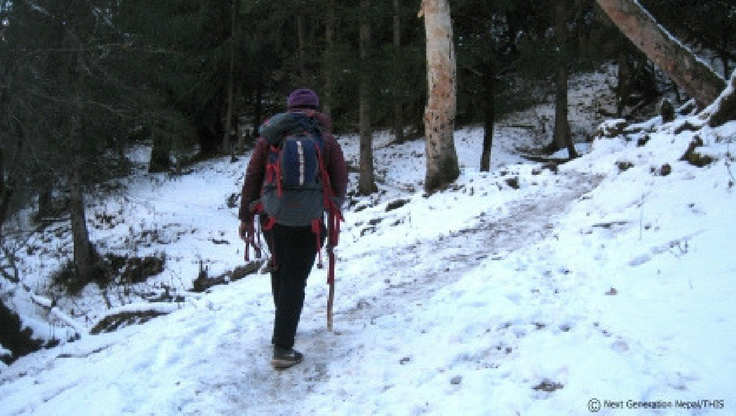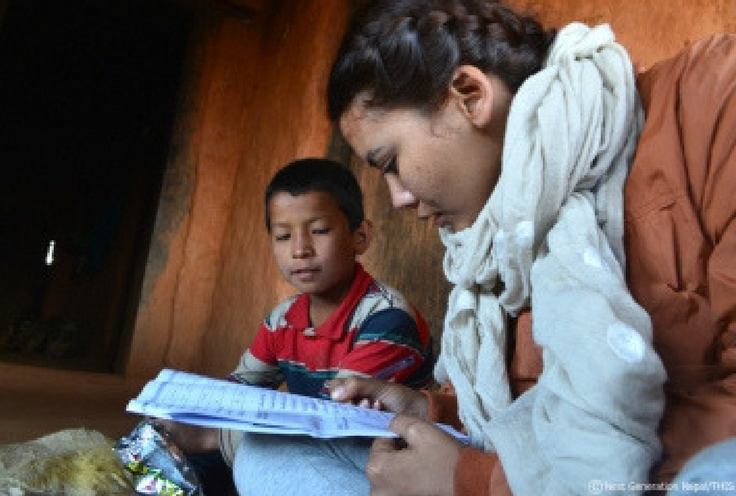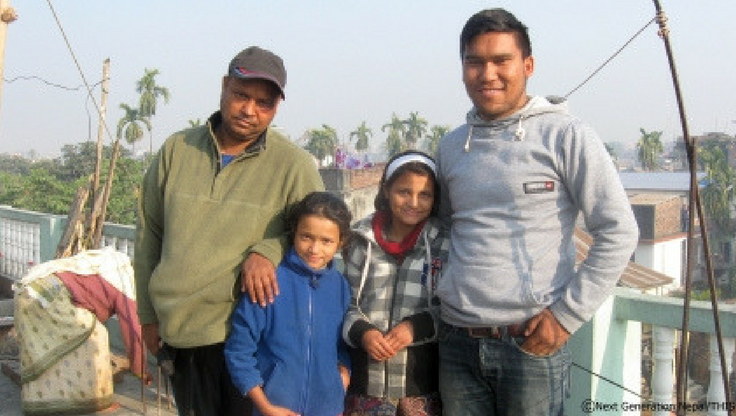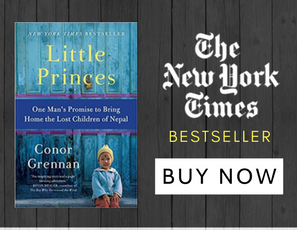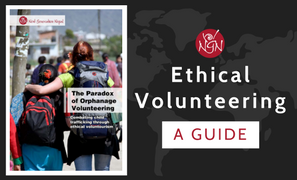Nepal’s mountainous terrain and poor infrastructure make it difficult to travel and search for the families of children who have been trafficked and displaced from their homes into the hundreds of abusive children’s homes scattered throughout Kathmandu and other major Nepali cities. Nevertheless, NGN’s reintegration officers continue to trek across precarious and difficult terrain to find the families of rescued children and to monitor the children who have already been reunified with their families.
The story doesn’t end there. Once a child has been reunified, there is still work that needs to be done. Every effort is made to ensure a smooth reintegration process. Many of the children need ongoing psycho-social support from their families, schools and communities. NGN continues to visit these children and help them adjust after being freed from the abuse they have experienced for years. Even after they have been reunified, it can often take years for a child to feel safe. Our team also continues to assess the economic situation of families during field visits to make sure they have enough food and are being given the resources to support their children.
Despite all the challenges, these field missions are an essential part of a successful reintegration, and are the reason that in all the years NGN has been rescuing and reunifying children. Not one child has been re-trafficked. It is with this in mind that the NGN team makes sure that they leave no stone unturned nor any lead unfollowed in guaranteeing the safety and wellbeing of each of these reunified children.
Through the NGN team’s determination and with the continuous support from our donors, NGN has successfully reintegrated hundreds of displaced children with their families. NGN’s work continues, and we are on track to rescue many more children who have been displaced and are being kept in abusive conditions. NGN’s aspiration is to end child trafficking and bring every trafficked child home.
